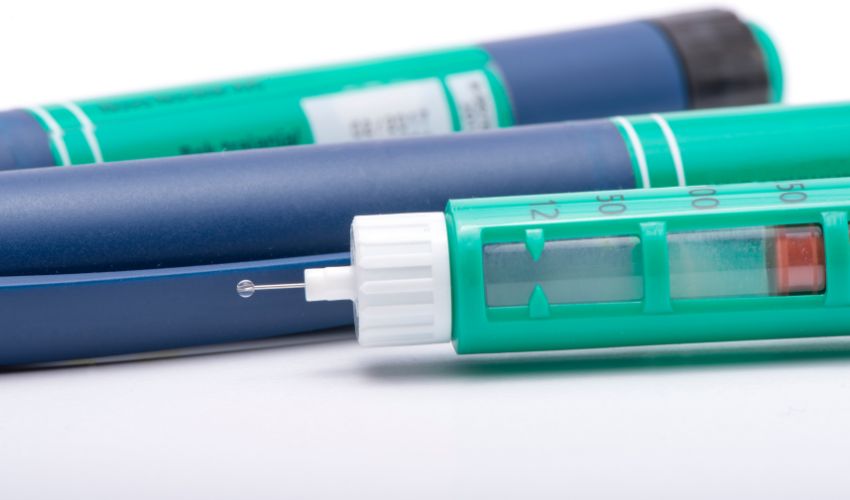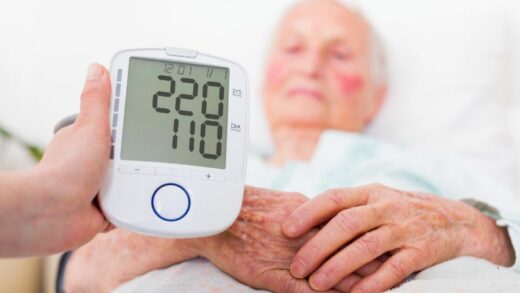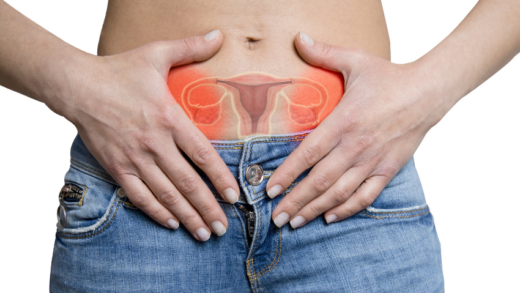Insulin resistance is a growing concern in modern society, with millions of people worldwide affected by this condition. It is a metabolic disorder that occurs when the body becomes resistant to the hormone insulin, which is responsible for regulating blood sugar levels. This can lead to various health problems, including type 2 diabetes, obesity, and cardiovascular disease. In this article, we will explore the causes, symptoms, and management of insulin resistance to help you understand this complex condition better.
Insulin resistance occurs when the body’s cells become less sensitive to the hormone insulin. Insulin is produced by the pancreas and helps to regulate the amount of glucose (sugar) in the blood. When you eat carbohydrates, the body breaks them down into glucose, which enters the bloodstream. Insulin then signals the cells in the body to absorb glucose from the blood and use it for energy.
However, when the body becomes resistant to insulin, the cells don’t respond to the hormone as well as they should. This means that glucose cannot enter the cells as efficiently, causing higher levels of glucose in the blood. The pancreas tries to compensate by producing more insulin, leading to a condition called hyperinsulinemia. Over time, the pancreas can become exhausted, and insulin production may decrease, leading to type 2 diabetes.
Causes of Insulin Resistance:
Several factors can contribute to insulin resistance, including:
- Genetics: Certain genes can increase the risk of developing insulin resistance.
- Obesity: Being overweight or obese can increase insulin resistance.
- Sedentary Lifestyle: Lack of physical activity can lead to insulin resistance.
- Diet: A diet high in carbohydrates and sugar can increase insulin resistance.
- Age: Insulin resistance increases with age.

Symptoms of Insulin Resistance:
Insulin resistance can be asymptomatic in its early stages. However, as the condition progresses, the following symptoms may appear:
- Fatigue
- Increased hunger
- Weight gain
- High blood pressure
- Darkened skin patches
- Polycystic ovary syndrome (PCOS) in women
- Type 2 diabetes
Management of Insulin Resistance:
- Diet: A diet low in carbohydrates and sugar can help to improve insulin sensitivity. Foods that are high in fiber and protein can help to stabilize blood sugar levels.
- Exercise: Regular physical activity can improve insulin sensitivity and help to manage weight.
- Medication: Certain medications can help to improve insulin sensitivity and manage blood sugar levels.
- Weight loss: Losing weight can help to improve insulin sensitivity.
- Managing stress: Stress can increase insulin resistance, so managing stress through activities such as meditation, yoga, or deep breathing exercises can be beneficial.
FAQs:
Can insulin resistance be reversed?
Yes, insulin resistance can be reversed through lifestyle changes such as diet and exercise.

Can insulin resistance lead to type 1 diabetes?
No, insulin resistance is associated with type 2 diabetes, not type 1 diabetes.
How is insulin resistance diagnosed?
Insulin resistance can be diagnosed through blood tests that measure insulin and glucose levels.
Is insulin resistance a precursor to type 2 diabetes?
Yes, insulin resistance is a major risk factor for developing type 2 diabetes.
Can insulin resistance be prevented?
Yes, lifestyle changes such as maintaining a healthy weight, regular exercise, and a balanced diet can help to prevent insulin resistance.
Conclusion:
Insulin resistance is a growing concern in modern society and a major risk factor for developing type 2 diabetes. While genetics can play a role, lifestyle factors such as obesity, a sedentary lifestyle, and a diet high in carbohydrates and sugar are the leading causes of insulin resistance. Recognizing the symptoms of insulin resistance and taking steps to manage it, such as diet, exercise, and medication, can help to prevent the development of type 2 diabetes and improve overall health. By making healthy lifestyle choices, you can take control of your health and reduce the risk of developing insulin resistance and other chronic health conditions.






















